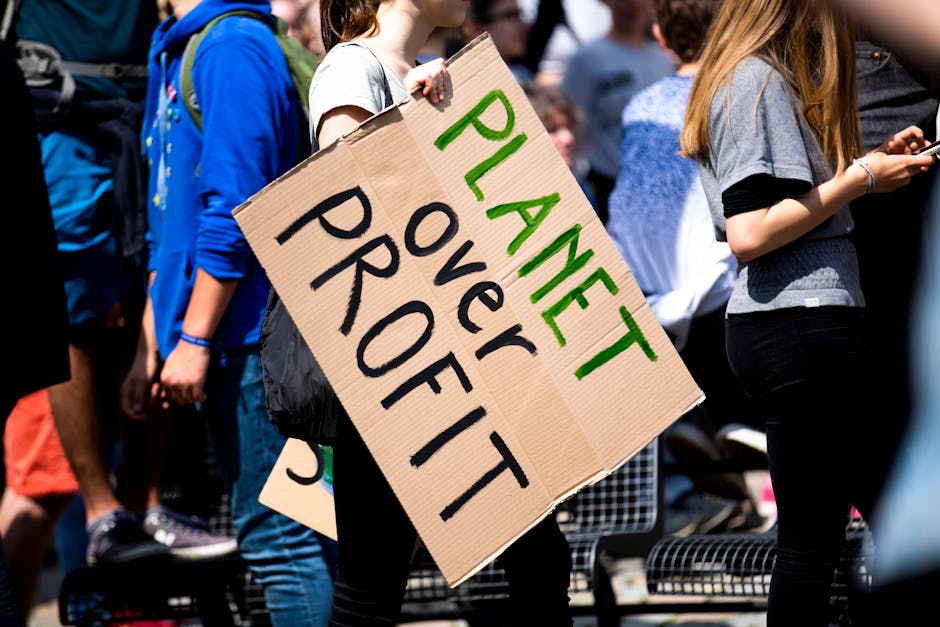Global warming, a pressing issue of our time, poses significant threats to our planet and its inhabitants. The increasing levels of greenhouse gases in the atmosphere trap heat, leading to a rise in global temperatures and triggering a cascade of detrimental effects. Here are five alarming consequences of global warming that demand our immediate attention:
**1. Rising Sea Levels:**
As the ocean absorbs heat and glaciers melt, sea levels rise, threatening coastal communities and infrastructure. Rising sea levels can erode coastlines, submerge low-lying areas, and increase the risk of flooding during storms and high tides.
**2. Extreme Weather Events:**
Climate change intensifies the frequency and severity of extreme weather events, such as hurricanes, droughts, heat waves, and wildfires. These events can cause extensive damage to property, infrastructure, and ecosystems, leading to loss of life, displacement, and economic disruption.
**3. Altered Ecosystems:**
Rising temperatures and changing precipitation patterns disrupt ecosystems worldwide. Coral reefs are bleaching and dying, marine life is facing habitat loss, and terrestrial ecosystems are experiencing shifts in species composition and distribution. These disruptions can destabilize food chains and biodiversity, threatening the health of our planet.
**4. Human Health Impacts:**
Global warming poses significant risks to human health. Heatwaves can lead to heat-related illnesses, respiratory problems, and cardiovascular disease. Air pollution, exacerbated by rising temperatures, can cause respiratory problems such as asthma and bronchitis. Extreme weather events can also injure or displace people, disrupting livelihoods and access to healthcare.
**5. Economic Costs:**
The economic consequences of global warming are staggering. Rising sea levels can damage coastal infrastructure, tourism, and fisheries. Extreme weather events can disrupt supply chains, destroy crops, and lead to widespread economic losses. Adapting to the impacts of climate change will also require significant investments in infrastructure, technology, and research.
Addressing global warming requires a collective and urgent response. Reducing greenhouse gas emissions through renewable energy, energy efficiency, and sustainable practices is crucial. Additionally, investing in research, adaptation strategies, and disaster preparedness will help mitigate the impacts of climate change and protect the well-being of our planet and its inhabitants. The consequences of global warming are far-reaching and severe. By understanding and addressing these threats, we can work together to build a more sustainable and resilient future for generations to come.

